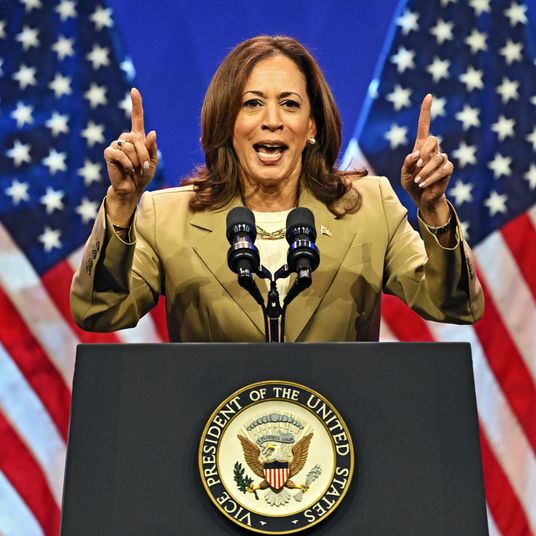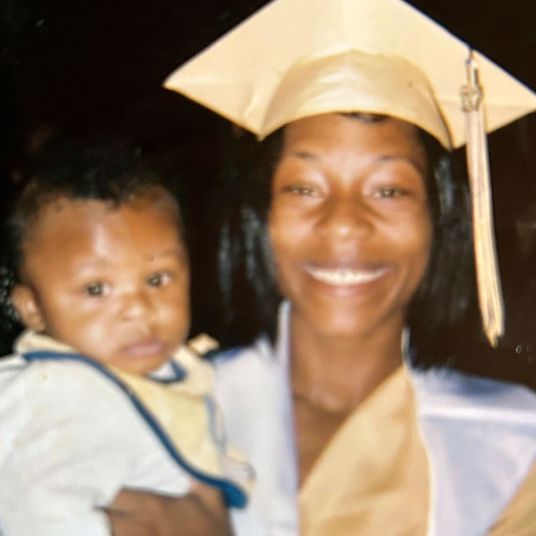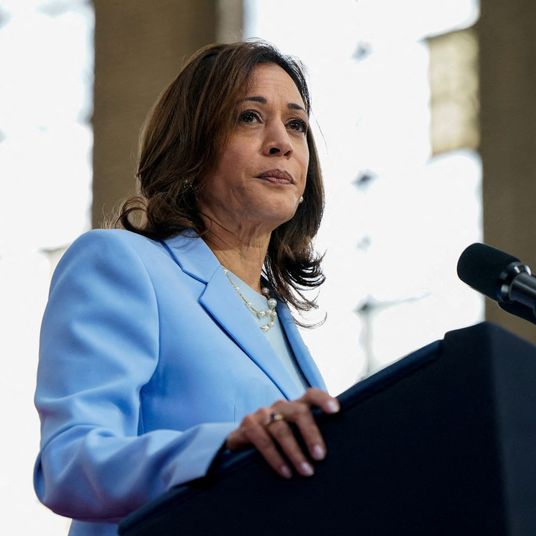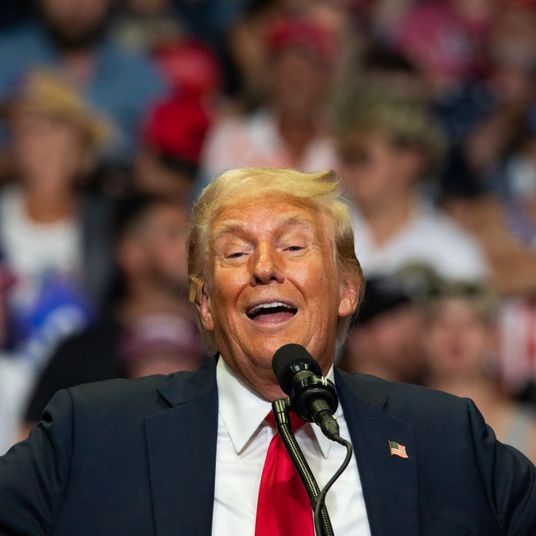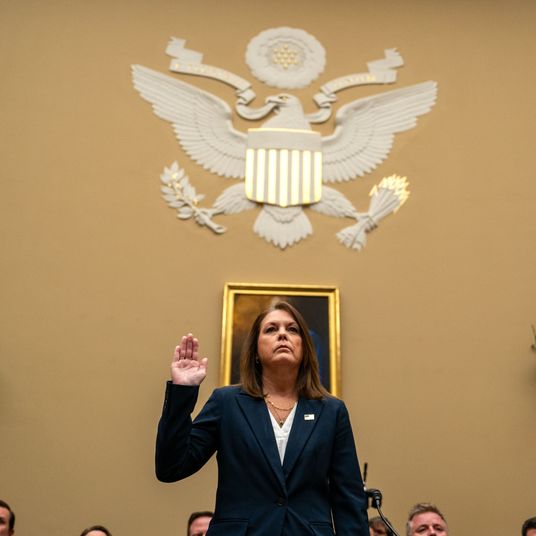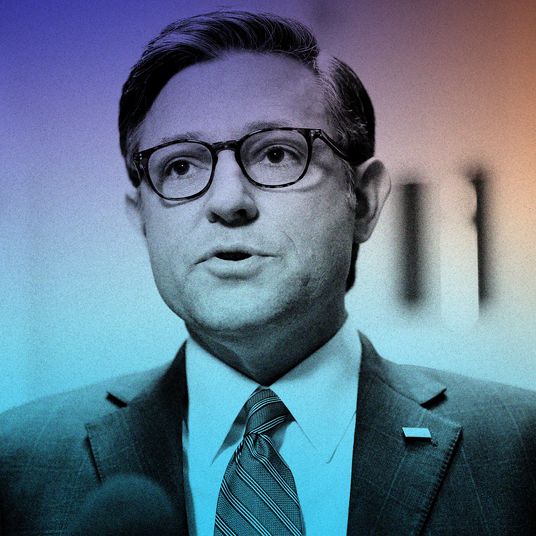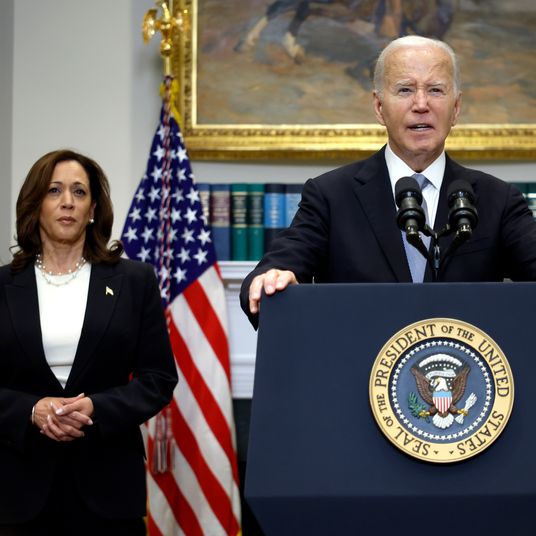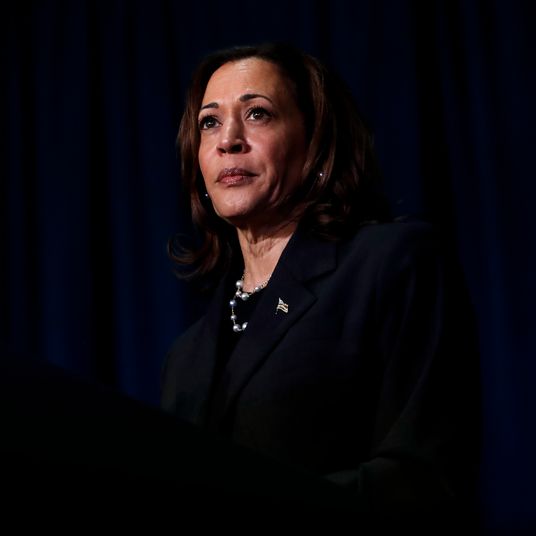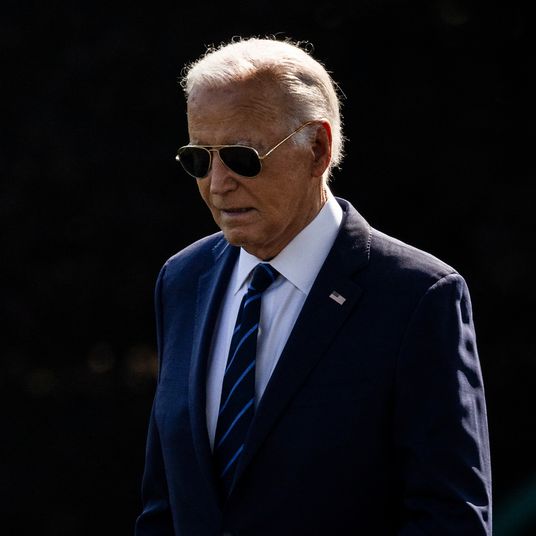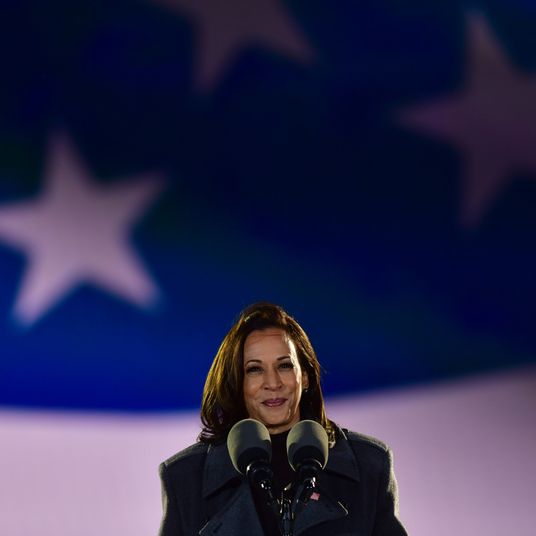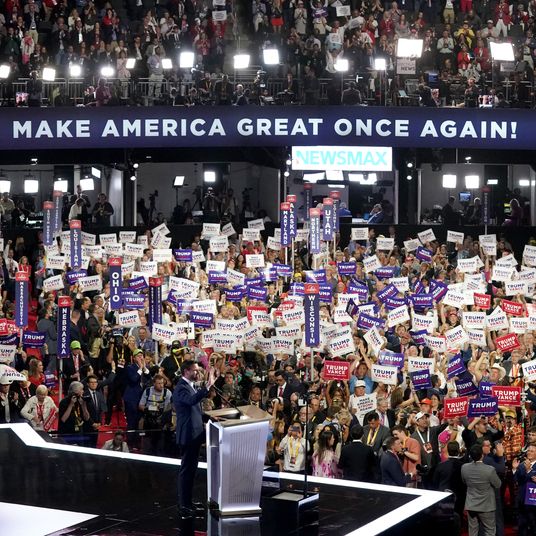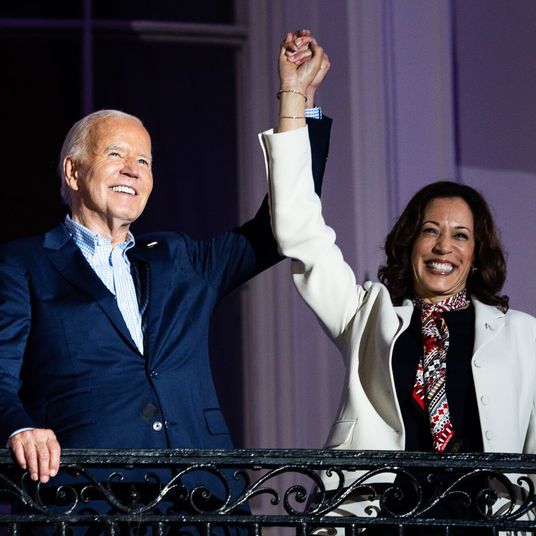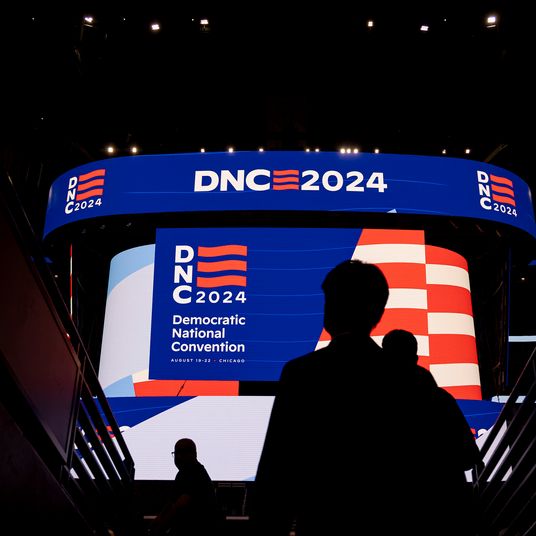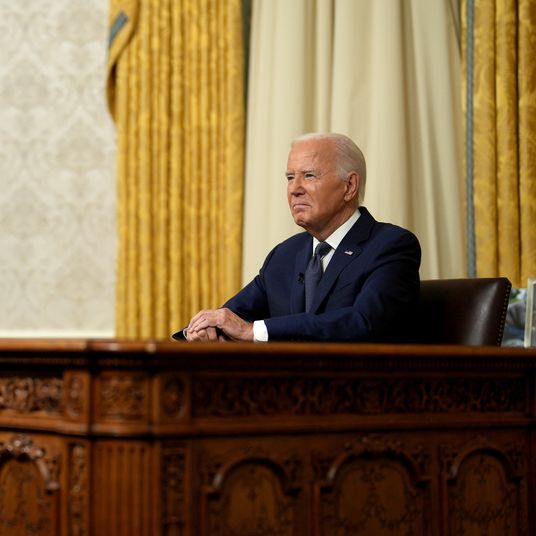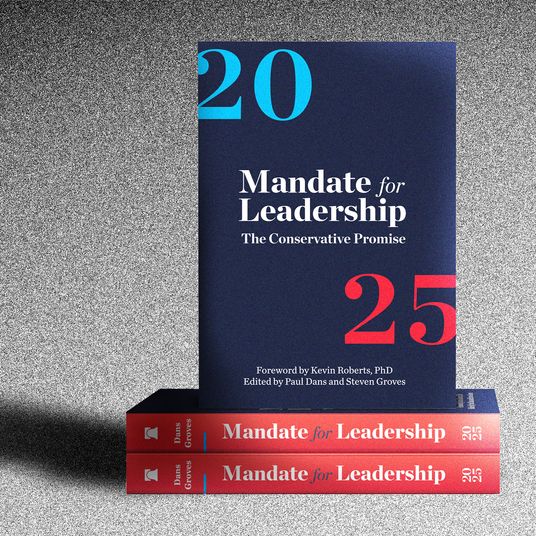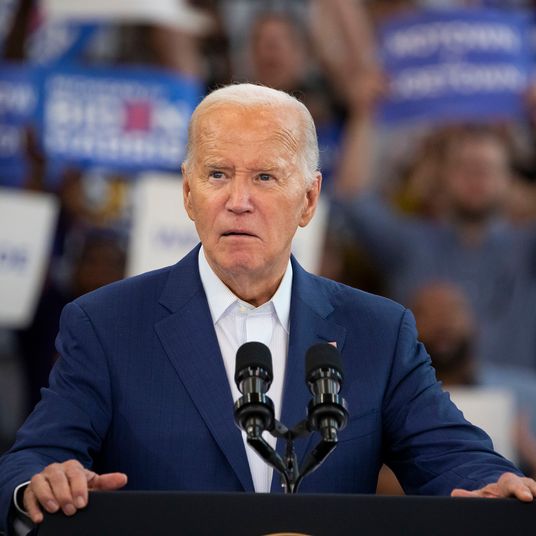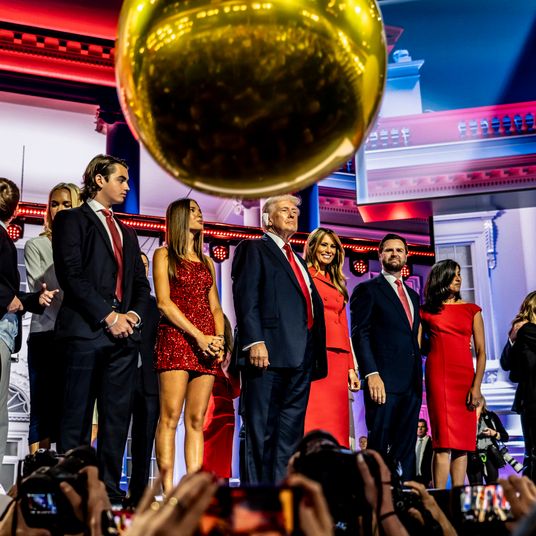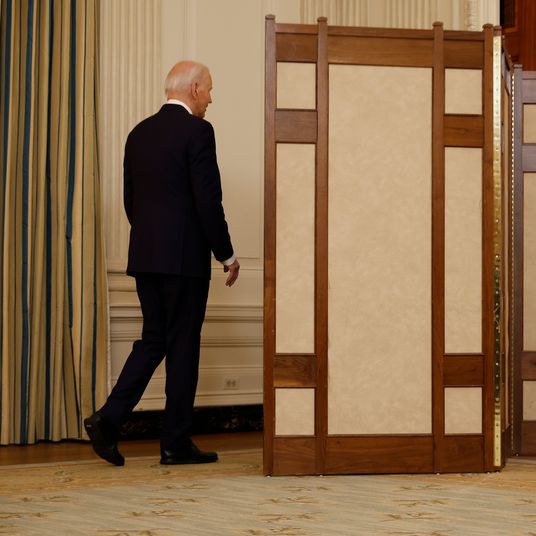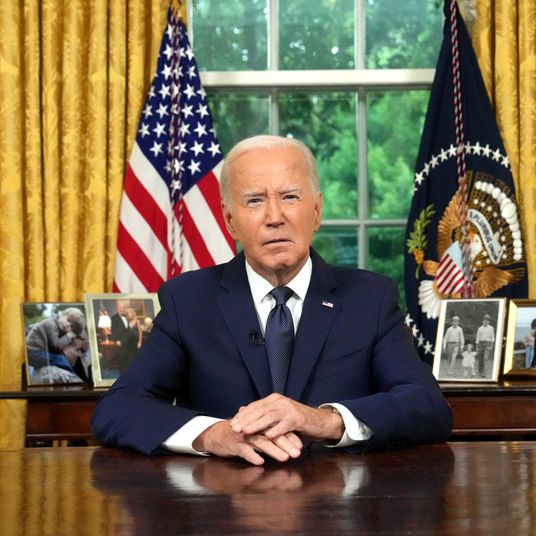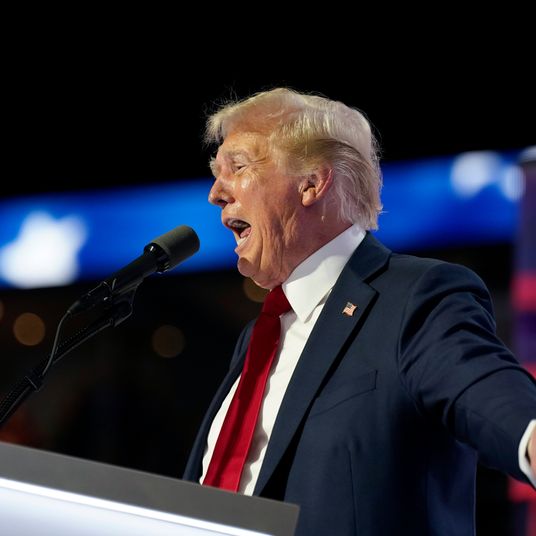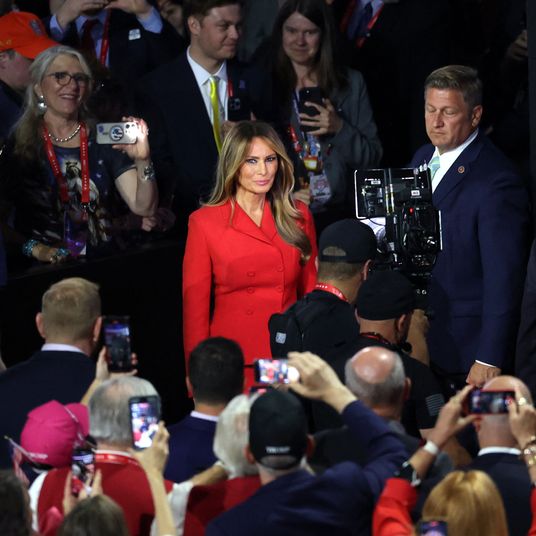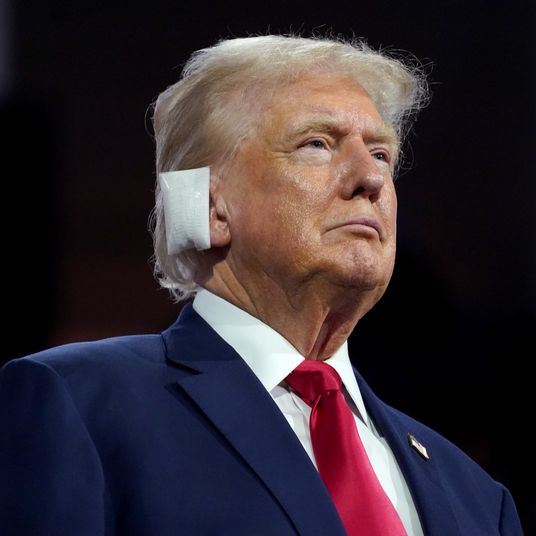
This weekend, two key U.S. vaccine-advisory groups are going to meet and hash out one of the most contentious debates of this phase of the pandemic: whether to authorize booster shots for all. In the past several weeks, the debate about the role and timing of boosters has intensified. It largely stemmed from the White House’s plans to dole out booster shots for all Americans by next Monday, with experts arguing that government officials overstepped review by health agencies and prematurely announced a large-scale rollout. Things have gotten so heated that the controversy played a role in two FDA officials resigning.
At the center of the debate are concerns about waning immunity. Though there is evidence that vaccine efficacy against infection is diminishing over time, efficacy against severe illnesses remains strong. One study found that vaccine efficacy dipped from 91 to 84 percent after six months, while efficacy against severe illness remained at 97 percent. And to complicate matters, “it’s difficult to disentangle what changes in vaccine effectiveness are due to waning immunity and which ones are due to the Delta variant,” Kathleen Neuzil, director of the Center for Vaccine Development at the University of Maryland Medical School, told Intelligencer.
On one side of the debate, experts argue booster shots should be available only for those who are immunocompromised; on the other, some argue they’re needed now for all in order to stay ahead of the virus. The White House has proposed making additional COVID-vaccine doses available to everyone eight months after their initial vaccinations.
So far, the United States has officially green-lit booster shots made by Pfizer or Moderna only for people who are immunocompromised — including recipients of organ transplants and some cancer patients — in order to prop up immunity. “I also think evidence would support boosters for older adults, particularly with comorbidities or at high risk of exposure,” Akiko Iwasaki, an immunologist at Yale University, told Intelligencer.
Neuzil is on the side of not doing a large-scale booster rollout. “I think that we need to step back. We need to carefully review the data,” she said. “I think repeated doses of this vaccine are in our future, but there are unknowns like what’s the best timing for an extra jab, what’s the best vaccine to use, or whether we would be better off using a different strain.”
Meanwhile, a group of leading scientists, including the two vaccine regulators who announced last month that they are leaving the FDA, have concluded that vaccine booster shots to top off immunity are not needed at this time for the public at large. In a peer-reviewed paper published Monday in The Lancet, the scientists wrote that the current evidence does not “appear to show a need for boosting in the general population, in which efficacy against severe disease remains high.” They added that “careful and public scrutiny of the evolving data will be needed to assure that decisions about boosting are informed by reliable science more than by politics.”
There’s also the issue of vaccine equity. The World Health Organization has called for countries like the United States to refrain from giving people booster doses of COVID-19 vaccines through the end of this year. They were expanding on earlier pleas to share vaccines with poorer nations, where many have yet to receive a jab. “In my view, we need to think about global vaccine supply and have a global vaccine strategy to be sure everybody is protected at least from severe disease,” Neuzil added. Scripps’s Eric Topol has argued, however, that there are more than 70 million vaccine doses already distributed in the U.S. that aren’t eligible for export and may potentially go to waste, and that those doses could be used as boosters for Americans over the age of 60.
Despite scientists’ concerns that a large-scale rollout would be premature, some government officials support making vaccine booster shots available for healthy Americans. Though the risk of severe illness from a breakthrough case is minimal, these officials worry that protection could diminish. “Even though this new data affirms that vaccine protection remains high against the worst outcomes of COVID, we are concerned that this pattern of decline we are seeing will continue in the months ahead,” U.S. surgeon general Vivek Murthy said in a White House press briefing last month. That waning immunity “could lead to reduced protection against severe disease, hospitalization, and death.”
Reuters reports that the Food and Drug Administration sought data from Israel, which is already giving booster shots to anyone 12 and older. The country’s health officials say the effects of the initial COVID-19 vaccines weaken five months after the shot, so an additional dose will confer an additional layer of protection. So far, more than 2 million of Israel’s 9.3 million residents have received the third dose, according to The Wall Street Journal, and very early data from the country suggests that a Pfizer booster dose can reduce risk of infection in people 60 and over by 86 percent and against severe infection by 92 percent. (There’s no data yet on those under 60 years old.) The scientists behind the new Lancet paper, however, note that “a very short-term protective effect would not necessarily imply worthwhile long-term benefit.”
At the same time, some Americans who are not yet eligible for a booster dose are already taking matters into their own hands. An internal CDC briefing that came out early last month estimated that 1.1 million Americans had already received an unauthorized booster shot. Amid all the confusing messaging, the number of people seeking underground booster doses will undoubtedly continue to rise.





